Sudan: Authorities launch investigation into Thursday’s clashes
- 2020-02-22 16:16:36


 Pierre Rayer: Art, Science, and Happiness: The Universal Mission of Transmission to Future Generations through Patronage at the Louvre Abu Dhabi
Pierre Rayer: Art, Science, and Happiness: The Universal Mission of Transmission to Future Generations through Patronage at the Louvre Abu Dhabi Ahly crowned Super champions after dramatic extra-time win over Modern Future FC
Ahly crowned Super champions after dramatic extra-time win over Modern Future FC Yemeni Honey..A Development Wealth Threatened By Conflict And Climate Change
Yemeni Honey..A Development Wealth Threatened By Conflict And Climate Change California wildfires: Millions warned of possible power cut
California wildfires: Millions warned of possible power cut Central African rebels launch attacks near capital
Central African rebels launch attacks near capital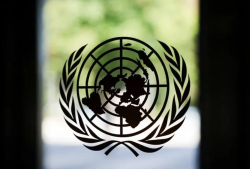 US curbs on Iranian diplomats prompt appeal to UN
US curbs on Iranian diplomats prompt appeal to UN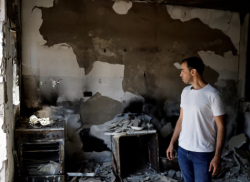 Amnesty says Hamas attacks and Gaza hostage treatment amount to crimes against humanity
Amnesty says Hamas attacks and Gaza hostage treatment amount to crimes against humanity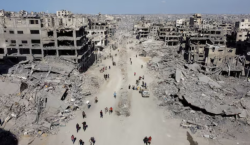 Trump plans to appoint US general to lead Gaza security force, Axios reports
Trump plans to appoint US general to lead Gaza security force, Axios reports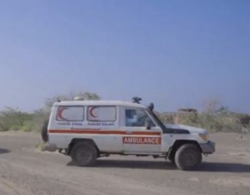 ERC inaugurates mobile clinic on Yemen’s west coast
ERC inaugurates mobile clinic on Yemen’s west coast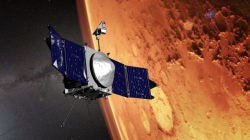 NASA Confirms It Has Lost Contact With Mars Orbiter MAVEN
NASA Confirms It Has Lost Contact With Mars Orbiter MAVEN
